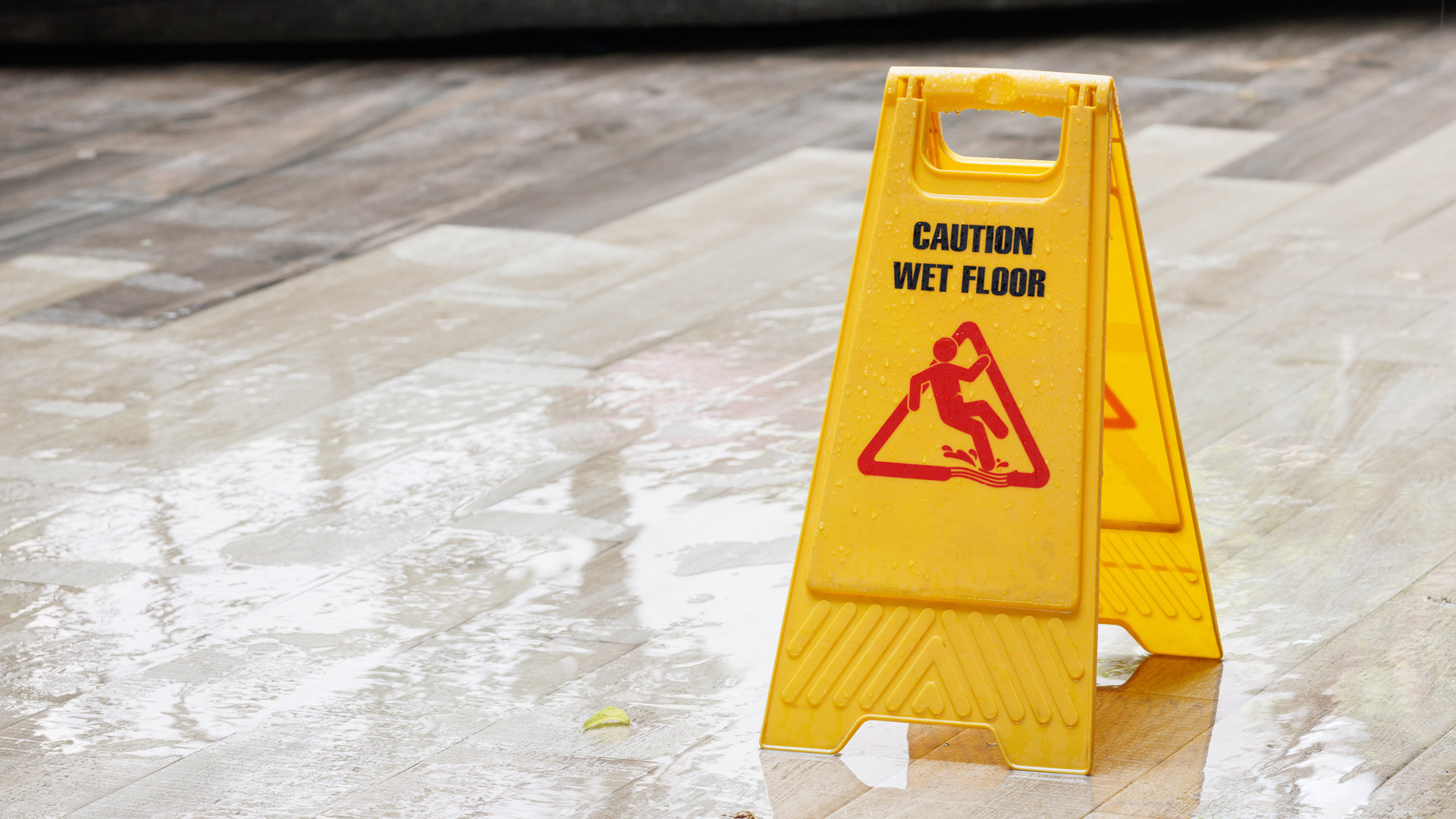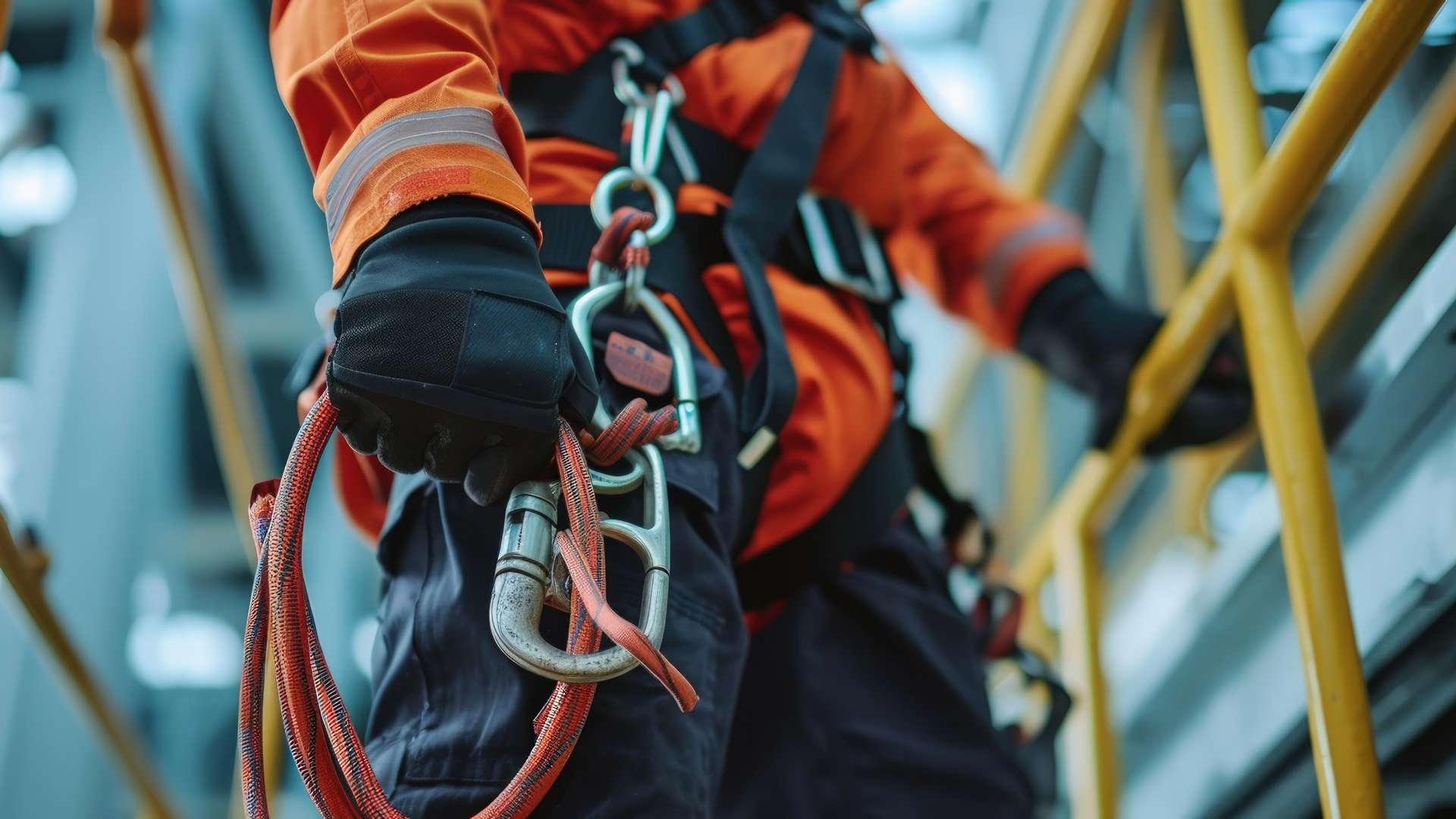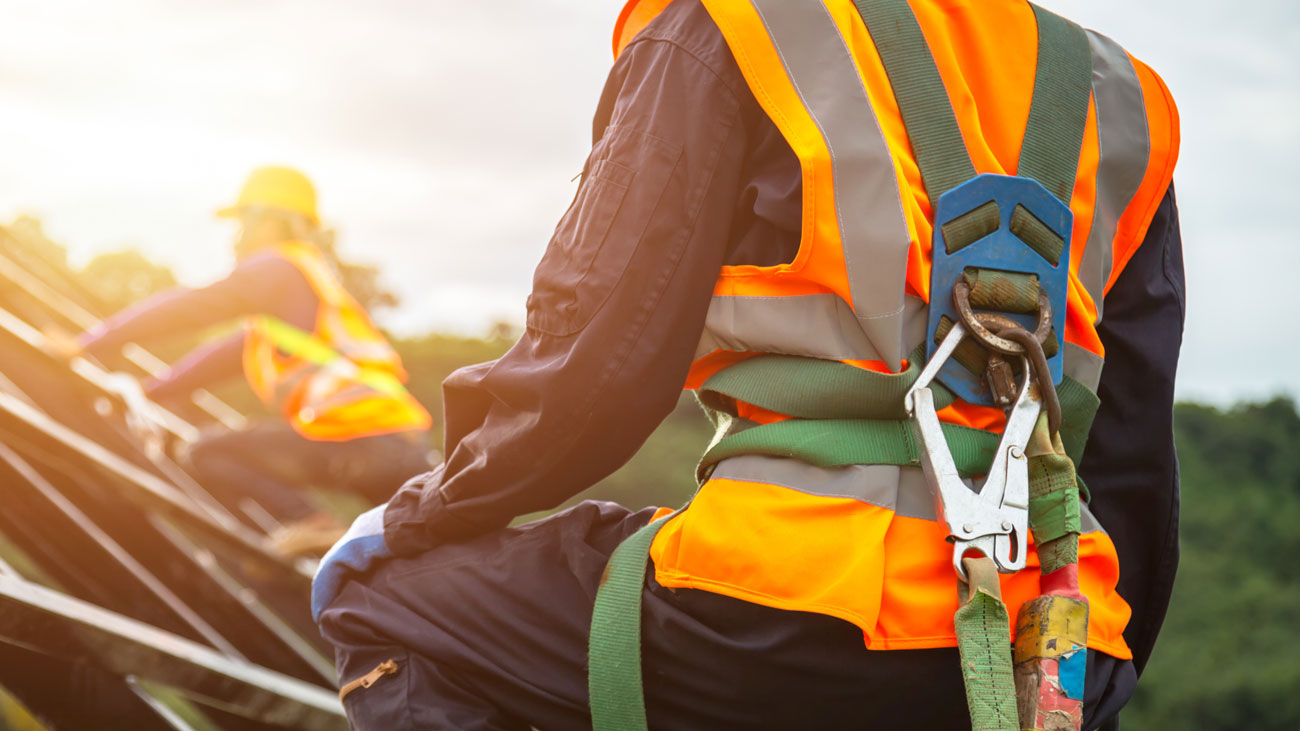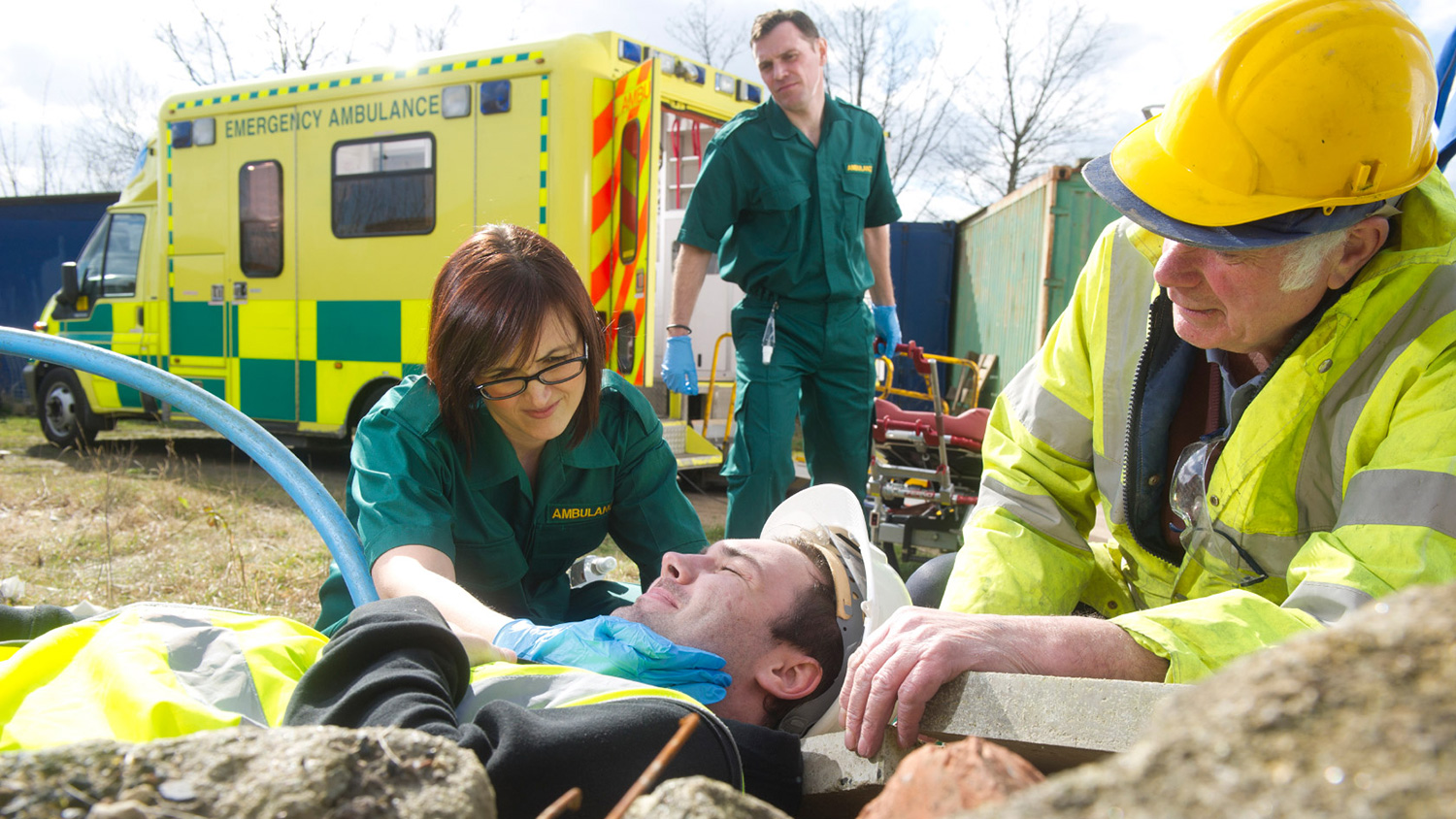A Freedom of Information request has revealed that the HSE refused to investigate reports from NHS trusts that ten frontline staff had died as a result of catching COVID-19 during the pandemic.
The Guardian reports that the HSE declined to look into at least 89 dangerous incidents that NHS trusts said involved healthcare workers being exposed to COVID-19, including ten deaths.
The HSE oversees workplace health and safety and can bring prosecutions, yet these FoI requests by the Pharmaceutical Journal have prompted concerns that the regulator is too strict in its definition of workplace harm.
The requests found that 173 trusts in England submitted at least 6,007 reports about employees’ exposure to COVID-19 in the course of their duties to the HSE between 30 January 2020 and 11 March 2022, under the Reporting of Injuries, Diseases and Dangerous Occurrences Regulations (RIDDOR).
They included 213 “dangerous occurrences”, which are incidents that have the potential to cause significant harm, 5,753 cases where a staff member had caught COVID-19, and 41 deaths among people who had been exposed to the disease at their workplace.
However, the HSE refused to look into five COVID-19 deaths reported under the RIDDOR scheme by the Yorkshire ambulance service (YAS) due to what it considered a lack of evidence.
The YAS’s response to the Pharmaceutical Journal said that “HSE maintained that the occupational exposure of COVID-19 could not be clearly linked to the workplace as community cases were also highly prevalent at the time”.
The regulator also decided not to look into the deaths of five staff at University College London hospital acute trust, despite the trust’s belief they had caught it at work. “The HSE found that there was no reasonable evidence that the infection was contracted at work,” a trust spokesperson said.
Shelly Asquith, health, safety and wellbeing officer at the TUC, said the HSE’s decision about the lack of evidence was “really concerning”. It suggested a continued “element of denial about Covid being airborne and it not being possible to necessarily pinpoint where exactly somebody was exposed once it’s in the air”, she added.
Prof Raymond Agius, the co-chair of the British Medical Association’s occupational medicine committee, said:
“The HSE threshold for RIDDOR reporting, as shown by HSE’s guidance and its correspondence with employers [trusts], is too high. It does not take into account the increased risk health and care staff face simply by sharing the same environment as patients, even if they aren’t directly clinically treating those who are known to be Covid-positive.”
An HSE spokesperson said that while “the pandemic was challenging for all concerned”, it was important that RIDDOR reports were based on “accurate information about workplace exposure and risk”.
While it insisted during the pandemic on trusts submitting reports based on “reasonable evidence” that infection was work-related, “this does not mean that we discouraged reporting”, it added.
Concerns were raised back in February 2021 that the HSE was not enforcing COVID-19 rules in workplace, following which the regulator issued guidance on when COVID-19 should be reported under RIDDOR. Under RIDDOR, it is a legal requirement to report certain accidents, including deaths, work-related diseases, dangerous occurrences, and any work-related accident or ill health that causes a worker to be off work for more than seven days (including weekends).
You may also be interested in
RELATED CONTENT
RELATED COURSES

The Emergency first aid course offers learners the skills and knowledge to deal with emergency first aid situations at work.

The Slips, trips and falls course explains the measures that can be implemented to prevent slips, trips and falls in the workplace.

Introduction to health and safety gives learners a basic introduction to managing safety in their workplace.

The Working at height course helps learners understand the dangers associated with working at height and ways to control the risks

The Access Industry Forum (AIF), the forum that represents the principal work at height trade associations and federations, is calling for clearer rep...

New IOSH President Stuart Hughes is calling on the profession to challenge itself to develop new ways of tackling the “unacceptably high” number of wo...

You may not realise it but there’s no legal duty on an employer to carry out an investigation into an incident in the workplace. But, says law firm rr...

Employers are increasingly likely to go unpunished after workplace accidents it seems, as research by Prospect Union reveals the number of investigati...